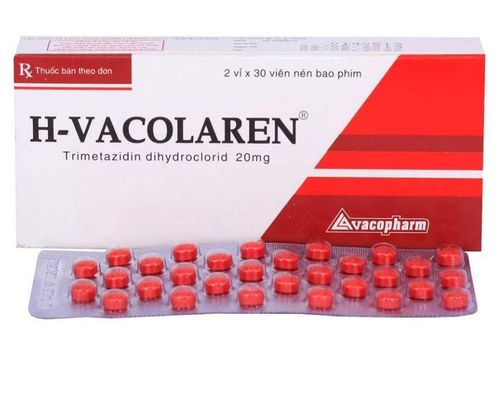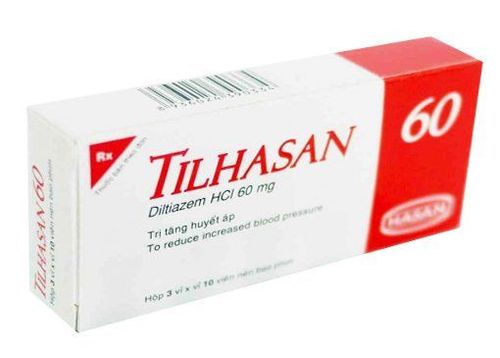This is an automatically translated article.
The article was professionally consulted by a Doctor of Cardiology - Thoracic Surgery, Vinmec Central Park International General Hospital.When there is unstable angina, the patient will feel severe pain in the chest, because blood and oxygen do not circulate enough to supply the heart. This disease has the potential to create certain dangers, if not treated promptly, can lead to death.
1. What is unstable angina?
Angina is divided into 2 types, stable angina and unstable angina, it can be a symptom of atherosclerotic or coronary artery disease.Unstable angina episodes are rated as more dangerous than stable angina. The cause is due to the body appearing when the atherosclerotic plaques in the coronary arteries rupture, forming blood clots, partially or completely blocking the coronary arteries, causing acute myocardial ischemia. and a sudden decrease in blood flow to the heart.
Unstable angina is not only capable of causing acute myocardial infarction and sudden death if not treated promptly, but even with timely emergency, the patient's ability to may still suffer serious sequelae.
When suffering from unstable angina, the patient will have severe chest pain for a long time, the pain recurs many times. Currently, unstable angina is quite common, anyone can be at risk of this disease.
2. Manifestations of unstable angina
To distinguish between stable angina and unstable angina, it is important to be aware of the following signs of unstable angina:Unstable angina causes severe, uncomfortable pain in the cage chest, feeling of tightness in the chest, squeezing; The pain spreads from the chest to the arms, shoulders, neck, jawbone; The patient will feel nauseous, short of breath, exhausted even at rest, break out in a cold sweat; Unstable angina occurs at any time of the day, even when the patient is at rest.
3. Risk of unstable angina

Nguy cơ gây đau thắt ngực không ổn định
Smoking habits; Patients with atherosclerosis or brittle and hard arteries; People with a history of hypertension, diabetes, high blood cholesterol levels; Family history of the disease; Gender, age, and race also create risk factors for the disease;
4. Treatment of unstable angina
As soon as the patient is suspected of having unstable angina, the patient needs to go to a medical facility to examine, conduct tests, find out the cause of the disease to have the best treatment plan.For people with unstable angina, the first thing is to stabilize the patient's condition, then the doctor will give the patient anticoagulants, pain relievers and oxygen to help with breathing. steam.
In addition, the doctor will base on the patient's condition to prescribe some drugs that have the effect of dilating the arteries and controlling blood pressure.
When the patient's condition is severe and does not respond to medical treatment, the solution to treat unstable angina such as coronary bypass surgery or balloon angioplasty and stenting ... will be given.
5. How to prevent unstable angina?
Build a healthy lifestyle, say no to alcohol, tobacco and stimulants; Planning work, reasonable rest, avoid stress, stress for too long; Have a healthy diet full of nutrients; Exercising with light and moderate sports will help improve health; Maintain a healthy weight; When there is a disease, it is necessary to adhere to the correct treatment according to the instructions of the doctor; Learn first aid for unstable angina and get regular medical check-ups; When seeing the above signs of unstable angina, it is best to see a doctor to find out the cause and accurately determine the health status for timely intervention if necessary. Vinmec International General Hospital with outstanding medical qualifications, equipment and facilities are invested to ensure international standards, and professional service quality will help patients have a peace of mind experience. especially when examining and treating here, especially with a complicated disease such as unstable angina.Please dial HOTLINE for more information or register for an appointment HERE. Download MyVinmec app to make appointments faster and to manage your bookings easily.













